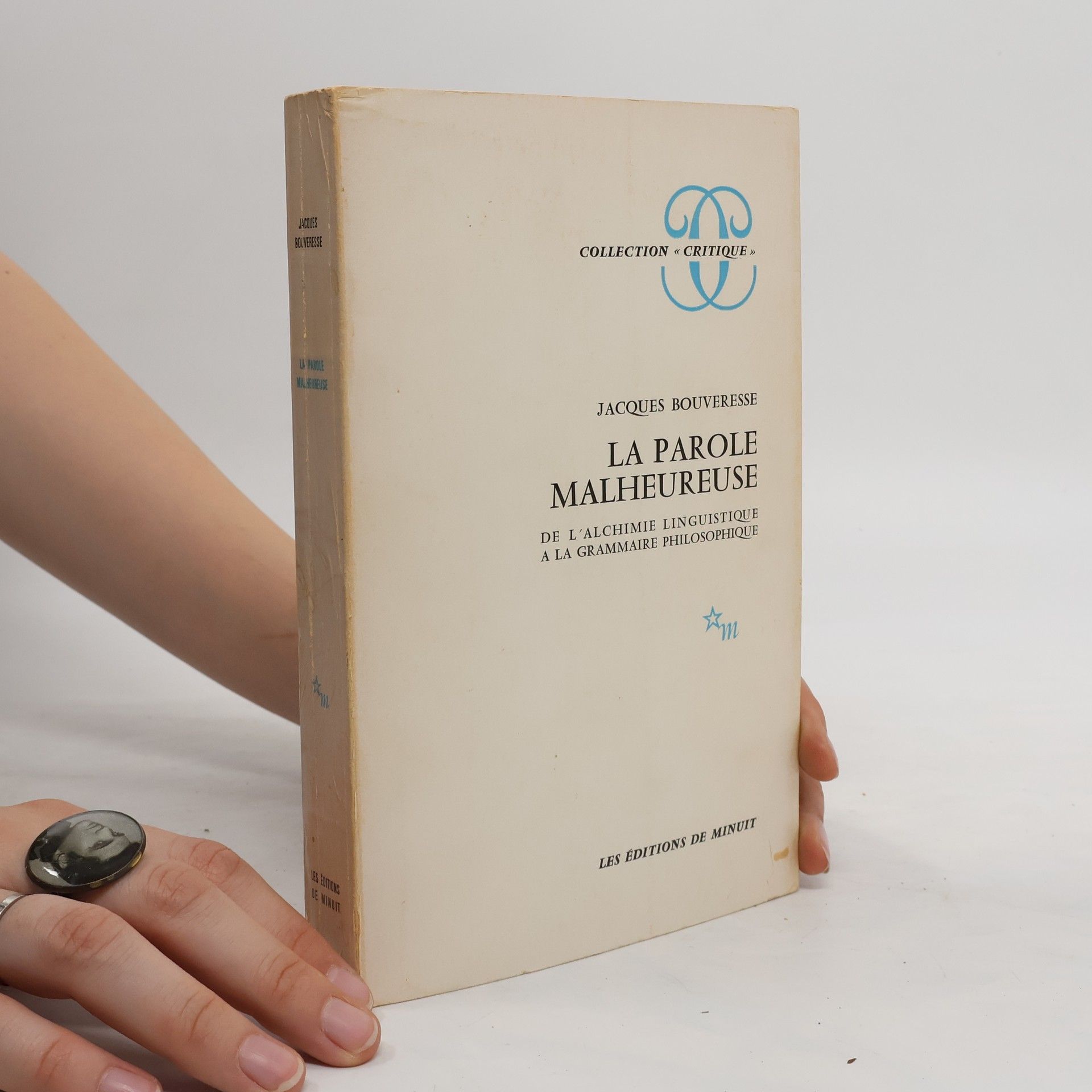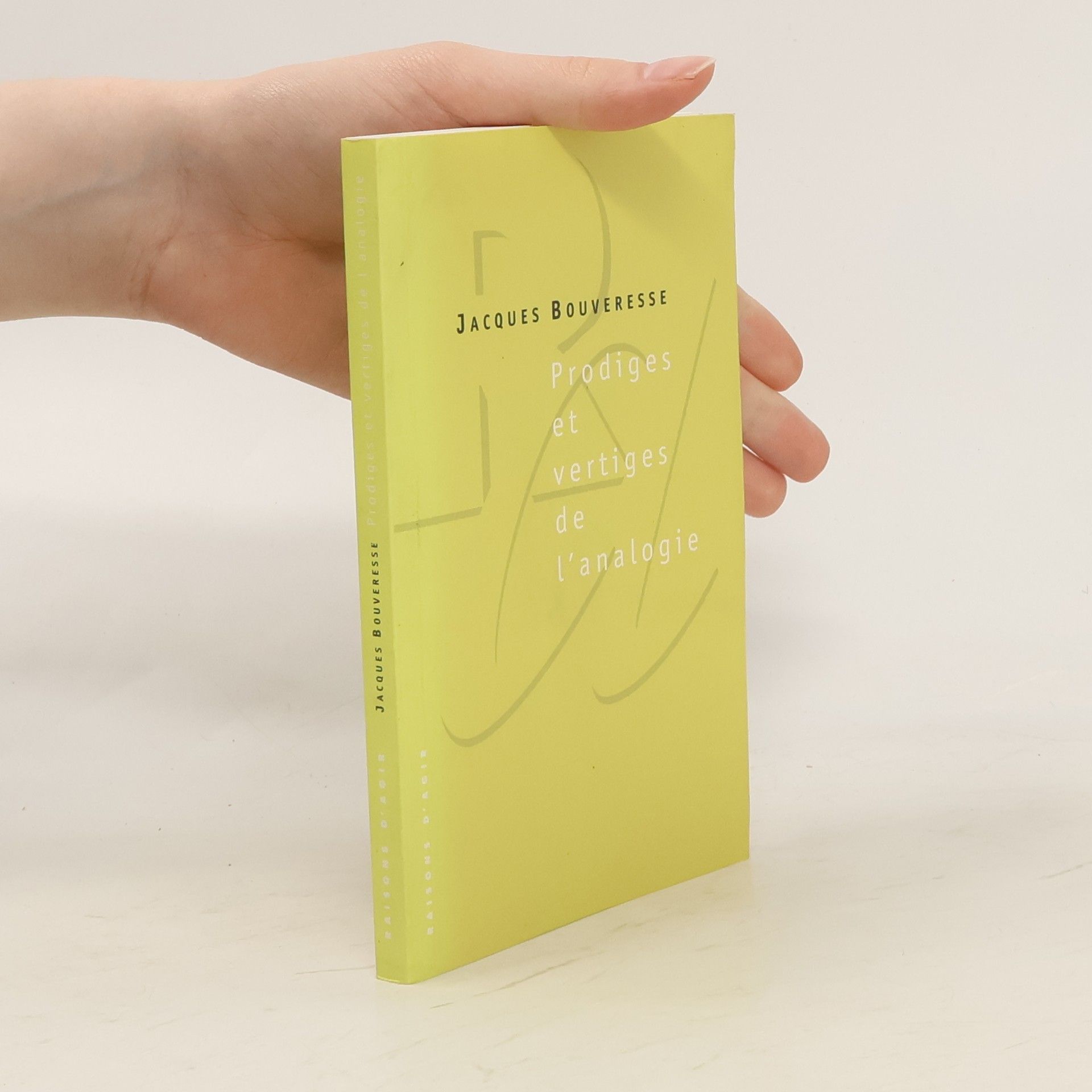Il est impossible de formuler des propositions philosophiques en général : c'est une conviction sur laquelle Wittgenstein n'a jamais varié. La solution réelle et complète d'un problème philosophique ne consiste pas pour lui à remplacer un usage métaphysique du langage par un autre, mais à ramener les mots de leur usage métaphysique à leur usage ordinaire. Cette idée constitue la véritable originalité de Wittgenstein. Le chemin qu'il nous suggère d'emprunter, c'est justement celui qui a été oublié par le système des options philosophiques existantes. À la différence de beaucoup de travaux antérieurs, les textes de ce recueil se caractérisent par le fait que leurs auteurs acceptent tous d'essayer de jouer le jeu de la philosophie à la façon de Wittgenstein. JACQUES BOUVERESSE. Les treize contributions ici réunies sont principalement consacrées au Wittgenstein des dernières années (1946-1951). Après l'époque du Tractatus, puis celle des Recherches philosophiques, sa pensée prend alors des inflexions nouvelles. Les manuscrits de cette période sont un matériau d'une richesse considérable, encore insuffisamment exploré. Ce livre a pour origine un colloque intitulé " Le dernier Wittgenstein " qui s'est tenu au Collège de France du 14 au 16 mai 2001, organisé par Jacques Bouveresse, Sandra Laurier et Jean-Jacques Rosat.
Jacques Bouveresse Book order (chronological)
August 20, 1940 – May 9, 2021
This author delves deeply into philosophy, as evidenced by their academic career. Their work focuses on the analysis and development of philosophical ideas. Through their tenure at leading universities, they have shaped generations of students and contributed to a deeper understanding of philosophical concepts. Their intellectual legacy lies in thoughtful reflection on key questions of thought.

![Das XX. [zwanzigste] Jahrhundert](https://rezised-images.knhbt.cz/1920x1920/72587899.jpg)


Prodiges et vertiges de l'analogie
de l'abus des belles-lettres dans la pensée